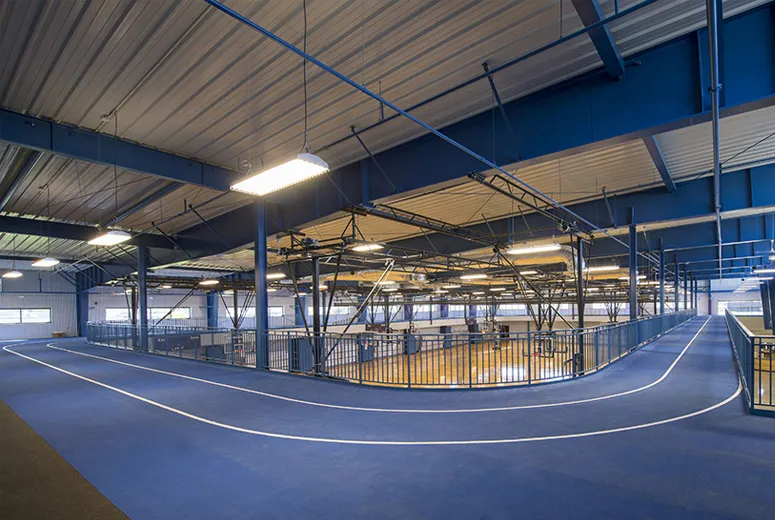- Afrikaans
- Albanian
- Amharic
- Arabic
- Armenian
- Azerbaijani
- Basque
- Belarusian
- Bengali
- Bosnian
- Bulgarian
- Catalan
- Cebuano
- Corsican
- Croatian
- Czech
- Danish
- Dutch
- English
- Esperanto
- Estonian
- Finnish
- French
- Frisian
- Galician
- Georgian
- German
- Greek
- Gujarati
- Haitian Creole
- hausa
- hawaiian
- Hebrew
- Hindi
- Miao
- Hungarian
- Icelandic
- igbo
- Indonesian
- irish
- Italian
- Japanese
- Javanese
- Kannada
- kazakh
- Khmer
- Rwandese
- Korean
- Kurdish
- Kyrgyz
- Lao
- Latin
- Latvian
- Lithuanian
- Luxembourgish
- Macedonian
- Malgashi
- Malay
- Malayalam
- Maltese
- Maori
- Marathi
- Mongolian
- Myanmar
- Nepali
- Norwegian
- Norwegian
- Occitan
- Pashto
- Persian
- Polish
- Portuguese
- Punjabi
- Romanian
- Russian
- Samoan
- Scottish Gaelic
- Serbian
- Sesotho
- Shona
- Sindhi
- Sinhala
- Slovak
- Slovenian
- Somali
- Spanish
- Sundanese
- Swahili
- Swedish
- Tagalog
- Tajik
- Tamil
- Tatar
- Telugu
- Thai
- Turkish
- Turkmen
- Ukrainian
- Urdu
- Uighur
- Uzbek
- Vietnamese
- Welsh
- Bantu
- Yiddish
- Yoruba
- Zulu
Nov . 19, 2024 22:27 Back to list
The Aesthetic and Functional Appeal of Metal Handrails in Residential Design
In the realm of residential design, few elements combine functionality with aesthetic appeal as effectively as metal handrails. Offering a blend of durability, modernity, and flexibility, metal handrails have become increasingly popular in contemporary homes. This article explores the various advantages of metal handrails, their design possibilities, and maintenance considerations to help homeowners make informed decisions.
Durability and Strength
One of the foremost reasons homeowners choose metal handrails is their inherent durability. Unlike wood, which can warp, crack, or rot over time, metal handrails are designed to withstand the elements. They do not succumb to the ravages of weather, making them an ideal choice for both indoor and outdoor applications. From aluminum to stainless steel, different metals offer varying levels of corrosion resistance, ensuring that the handrails maintain their integrity and appearance for years to come.
The strength of metal handrails also provides an added safety benefit, especially in residential settings where children and elderly individuals may reside. A sturdy railing can prevent falls and provide support when navigating stairs, balconies, or elevated areas. Furthermore, the solid construction of metal handrails gives homeowners peace of mind, knowing that their family’s safety is well accounted for.
Versatile Design Options
metal handrails residential

Aesthetically, metal handrails offer remarkable versatility. They can be customized to complement various architectural styles, from sleek modern designs to more traditional aesthetics. Metal can be finished in a range of colors and textures, allowing for unique customization that enhances your home’s overall look. For a minimalist design, a simple stainless-steel railing can create a clean and spacious feel, while a wrought iron option with intricate details can add a touch of elegance and sophistication.
Moreover, metal handrails can be integrated with other materials, such as glass or wood, to create stunning contrasts that enhance the visual appeal of a space. This combination not only adds an artistic flair to the design but also maximizes natural light, particularly in homes where open-concept layouts are favored. The transparency of glass, when paired with metal, allows for unobstructed views while still maintaining safety.
Low Maintenance Requirements
Another significant advantage of metal handrails is their low maintenance requirements. While wooden handrails typically necessitate regular staining or painting to maintain their appearance and protect against wood rot, metal options need far less upkeep. Occasional cleaning with soap and water, combined with periodic inspections for rust or wear, is usually sufficient to keep them in excellent condition. This easy maintenance makes metal handrails a practical choice for busy homeowners or those who prefer not to devote time to extensive upkeep.
Conclusion
In conclusion, metal handrails represent an outstanding choice for residential design, given their durability, aesthetic versatility, and low maintenance. They offer safety and style, fitting seamlessly into various home environments. Whether you are renovating an existing space or designing a new home from scratch, incorporating metal handrails can elevate your residential design, providing a long-lasting solution that combines form and function. As aesthetic preferences continue to evolve, metal handrails will undoubtedly remain a staple in modern residential architecture, proving that practicality and beauty can indeed coexist.
-
Steel Frame Modular Construction for Housing
NewsAug.07,2025
-
Steel Construction Factory Processes
NewsAug.07,2025
-
Portal Frame Shed for Sale: Delivery Options
NewsAug.07,2025
-
Metal Workshops for Sale: Insulation Solutions
NewsAug.07,2025
-
Metal Steel Building Manufacturers: Post-Construction Services
NewsAug.07,2025
-
Metal Garage Shed Kits: Size Options
NewsAug.07,2025
Products categories
Our Latest News
We have a professional design team and an excellent production and construction team.












